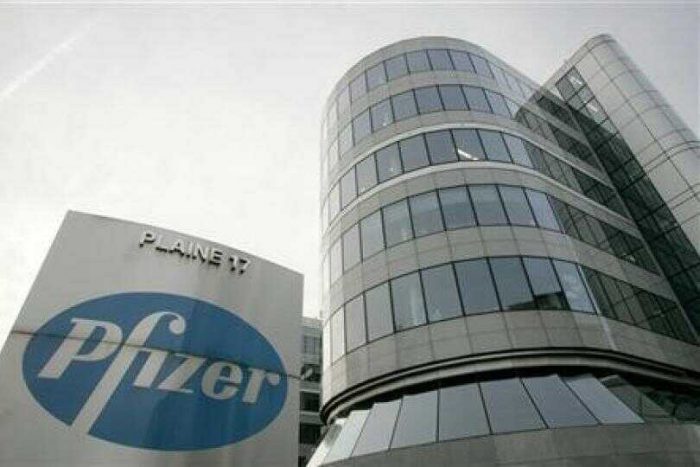
29 Nov Pfizer Foundation donates $6.4 million for infectious disease control in Nigeria, Ghana
The Pfizer Foundation, an institution that provides grants and makes investments towards improving health systems in low- and middle-income countries, has donated $6.4 million in grants to address critical infectious disease challenges in Nigeria and Ghana.
The organisation said the effort is part of a long-term commitment to help protect underserved people in the United States of America, and around the world.
According to the President, The Pfizer Foundation, Caroline Roan, grants to CARE, International Rescue Committee (IRC) and PATH will support programmes to reduce childhood mortality, improve maternal health and address the growing threat of antimicrobial resistance (AMR) in the two countries.
“The global pandemic has magnified the disproportionate burden of infectious diseases, particularly in resource-limited settings where people have inadequate access to essential health services,” she said.
Ms Roan, who also doubles as the senior vice president, Global Health and Social Impact, Pfizer Incorporations, noted that her organisation is proud to support the critical work of their partners in West Africa as they create localised approaches to bring quality health services to the community level and address persistent inequities in infectious disease prevention, diagnosis and treatment.
Through the Infectious Disease Impact Initiative, the Pfizer Foundation has been partnering to create sustainable solutions that help strengthen healthcare systems in West Africa and around the world.
One of the organisation’s projects, which is tagged; “CARE,” is targeted at reducing under-five mortality through a community-based care model that delivers a core package of quality child health services and enhances community-based surveillance to improve the detection of infectious diseases in Nigeria’s Yobe State.
The IRC project develops a functional and effective AMR stewardship programme within health facilities, aimed at reducing child mortality, in North-east Nigeria’s Borno State that will serve as a model for other humanitarian health programmes, where crisis has contributed to a growing number of drug dispensaries with undertrained staff and knowledge gaps at the community level.
The third project, the group noted, is PATH which is aimed at reducing newborn morbidity and mortality in Ghana by improving diagnosis and management of maternal infections, through the integration of point-of-care diagnostics and community-based screenings of infectious diseases as part of antenatal care.
“Consistent with our responsibility to deliver breakthrough medicines and vaccines into patients’ hands across the world, we collaborate with health care providers, governments, and local communities to support and expand access to reliable, affordable health care,” said Olayinka Subair, country manager and cluster lead, West Africa, Pfizer Incorporations.
Ms Roan also hinted that the Pfizer Foundation has awarded the 2021 recipients of the Global Health Innovation Grants (GHIG) programme to non-governmental organisations (NGOs), nonprofits and social enterprises in low- and middle-income countries to support community-based initiatives focused on combating infectious diseases.
“Four of the 20 organisations in this year’s cohort have programmes based in West Africa, including Equitable Health Access Initiative, Last Mile Health, Muso and THINKMD, which will each receive $100,000 as part of the annual programme,” she added.


Sorry, the comment form is closed at this time.